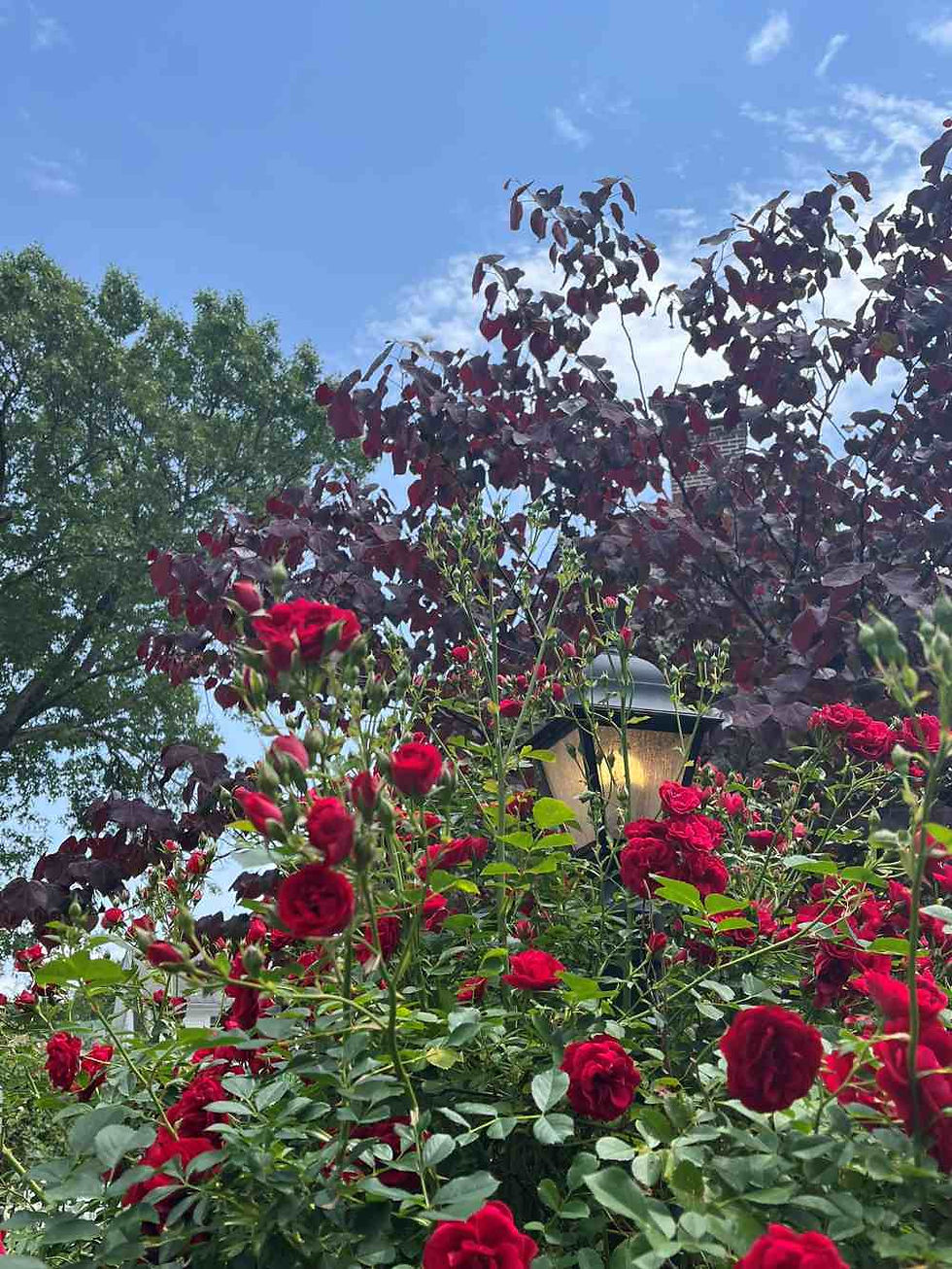Which State Governments are Banning Books?
- LaCalaveraCat
- Apr 10, 2023
- 3 min read

With every news story that comes out about more and more banned books, I thank my lucky stars that I live in a state where there isn't any legislative movement, currently, to ban books. I’m in my 40s, and I don’t remember living through such a flurry of book banning news. I vaguely remember history lessons about banned books and checking out Tropic of Cancer, Naked Lunch, and Lady Chatterly’s Lover curious about why these books had been banned in the past (sex, of course, it was always about sex).
My reading list was mostly driven by school curricula and sometimes by curiosity (what else could have driven me to read Gremlins a million times). Nowadays, I make a large effort to read books by people of color and marginalized communities, like Harlem Shuffle by Colson Whitehead, Fun Home by Alison Bechdel, and The House of Broken Angels by Luis Alberto Urrea, and my world is immensely broadened and enlightened by these wonderful voices. Those books weren’t banned when I was growing up, but they sure weren’t on any school curricula, which is a shame. I’m glad that my daughter is now reading books like The Hate U Give by Angie Thomas at school.
I wanted to see how many books had officially been banned by the federal government in the US, and in this Wikipedia post, I was shocked to see that the US, supposedly the land of the free, had a list of books that was quite long. Of course, I don’t know how authoritative that page is (is our list really longer than Singapore’s?), but I was fascinated to see some of the more recent examples (according to the Wikipedia entry, J.D. Salinger sued to ban sales of an unofficial sequel to Catcher in the Rye in 2009, and in 2010 the Department of Defense forced a publisher to remove and then only allow republication of Operation Dark Heart with redactions after citing threats to national security).
State Book-Banning Efforts
While, for now, the federal government isn’t talking about banning books, what’s scary is the state-by-state efforts that are happening. I’m sure you have seen talk about this on social media. But it wasn’t until I started researching this post that I came across Northeastern’s fantastic compilation of all the individual book banning efforts that are happening across the US. Out of 50 states, only 14 don’t have such efforts happening currently. Think about that—a majority of US states have legislation moving through the process to ban books or punish school systems teaching certain topics or books. The article provides a clickable map where you can see specifically which bills in which states are being introduced.
I clicked on every state that had book challenges. I saw a definite pattern. Every single one of the bills and/or efforts is being brought forward by Republican legislators, education boards, or governors. Only one state had a Democrat listed, and that was North Carolina where the Democratic governor vetoed the state’s proposed ban. The other pattern? Race. Race. Race. Over and over again, the bills target “critical race theory,” “‘discriminatory concepts’ and ‘critical race theory’,” “‘divisive concepts, including Critical Race Theory’,” and on and on it goes.
Critical Race Theory Targeted by Book Bans
I’m no expert in critical race theory. The New York Times has a good critical race theory primer on the academic topic as well as the rise of anti-critical race theory rhetoric on the right. From what I’ve read, academics investigating structural issues of racism are trying to address systems (think about redlining or mass incarceration) that disproportionately harm minorities. That is the way to address racial disparity, not just simplistically saying that bigots are bad. One book that highlighted this so clearly to me was Michelle Alexander’s The New Jim Crow. She deftly describes how seemingly “color-blind” systems in incarceration and law enforcement lead to minorities being disproportionately targeted. One example is the huge disparity in punishment for crack versus powdered cocaine. I highly recommend reading the book.
Of course, this post is not about critical race theory. It’s about book banning. This isn’t just some trend on TikTok, there are actual bills being put forward across the country. I don’t think it’s a controversial opinion that in a democracy, in a country self-described as the land of the free, the government should not be in the business of banning books. Please stay involved in your local elections and know what your school boards are doing. I know my child and what she is OK experiencing; hell, if she has had to go through active shooter drills where she has to be as quiet as possible so she doesn’t attract a shooter’s attention, then she can certainly read about young love burgeoning in marginalized communities (like the Heartstopper graphic novels). I certainly don’t need some government entity making a list of books she does or does not have access to.




Comments